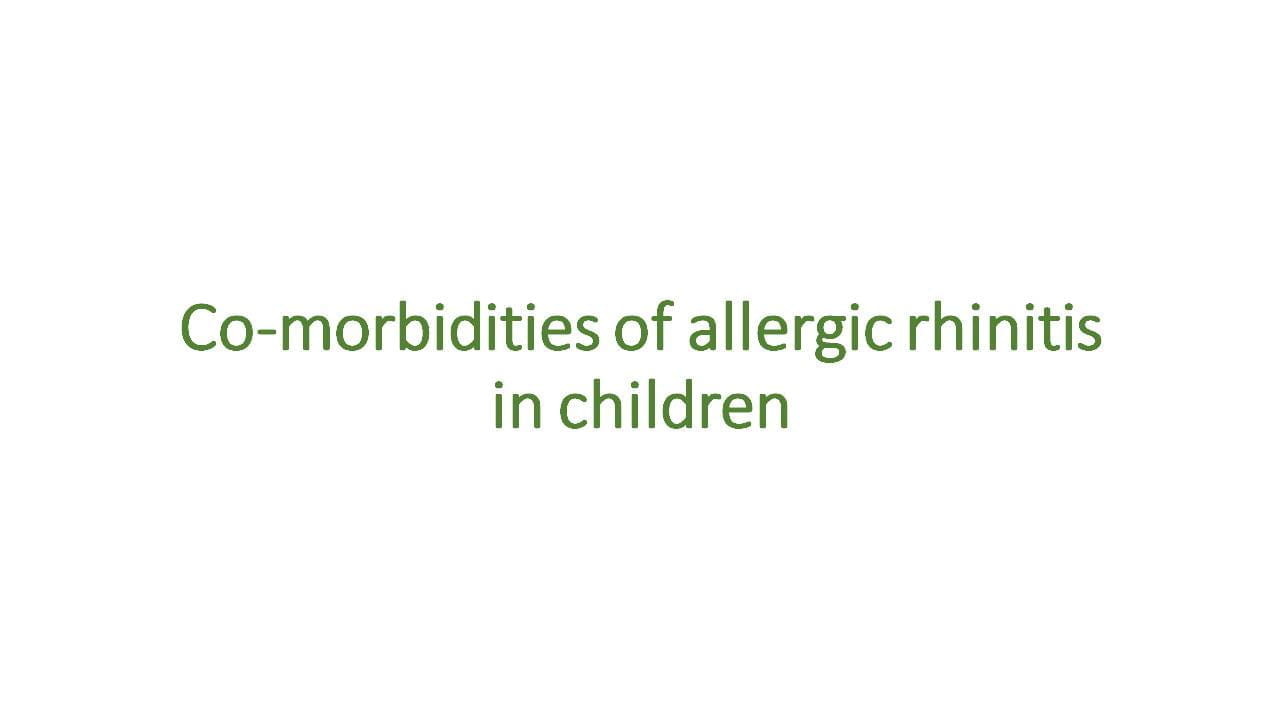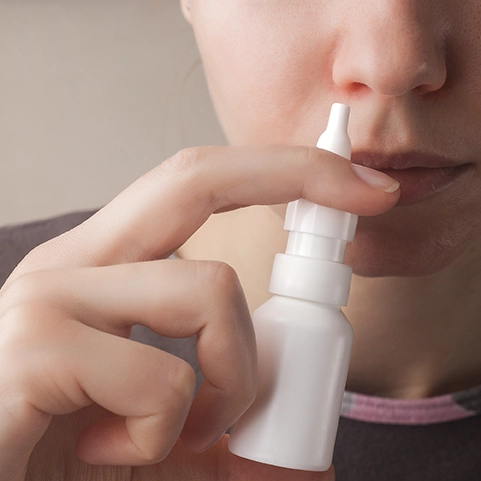Introduction:
Nut oral immunotherapy (N-OIT) has been recognized as an effective strategy to induce desensitization in patients with allergies by continuous consumption of the culprit nut. But the extent to which sustained unresponsiveness is achieved after a period of allergen avoidance has not remained unclear.
Aim:
To evaluate the rate of sustained unresponsiveness achieved in children who had undergone N-OIT using an oral provocation test after a 3-month avoidance period
Methods:
- Study Design: A retrospective cohort study
- Participants: 45 children (median age 12 years, 66% were males) were enrolled from the Allergy Unit of Meyer Children’s Hospital IRCCS between November 2021 and January 2025
- Procedure:
- Clinical history, allergy profiles, comorbidities, and treatment information were collected.
- Sustained unresponsiveness was examined by an oral provocation test after a 3-month avoidance period.
- After a negative oral provocation test, patients were instructed to intake a liberalized nut dose at least twice monthly.
Results:
- All 45 children had undergone 47 oral provocation tests.
- Allergic comorbidities were reported in 75.5% of patients, followed by allergic oculorhinitis (64%), atopic dermatitis (33.3%), other food allergies (31.1%), and allergic asthma (28.8%).
- The nuts tested included walnut (40%), hazelnut (37.7%), peanut (24.4%), 1 with pine nut, 1 with cashew and 1 with brazil nut.
- The average duration of oral immunotherapy was 34 months (for walnut 36 months; for hazelnut was 29 months; for peanut 29 months).
- A negative oral provocation test was observed in 97.7% of cases, suggestive of sustained unresponsiveness.
- One patient experienced a mild reaction (rhinitis, oral itching, and vomiting) 2 months post oral provocation test but regained tolerance within a span of 2 months.
Conclusion:
Most children achieved sustained unresponsiveness following a 3-month avoidance period after long-term oral nut immunotherapy. This approach could be effective, feasible, and safe in real-world pediatric practice.
European Academy of Allergy and Clinical Immunology 2025,13-16 June, Glasgow, United Kingdom.




